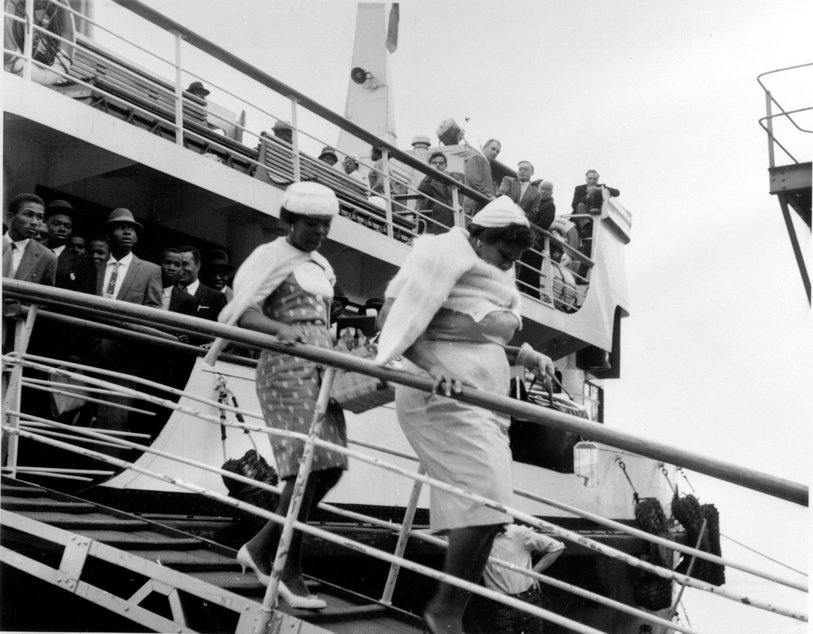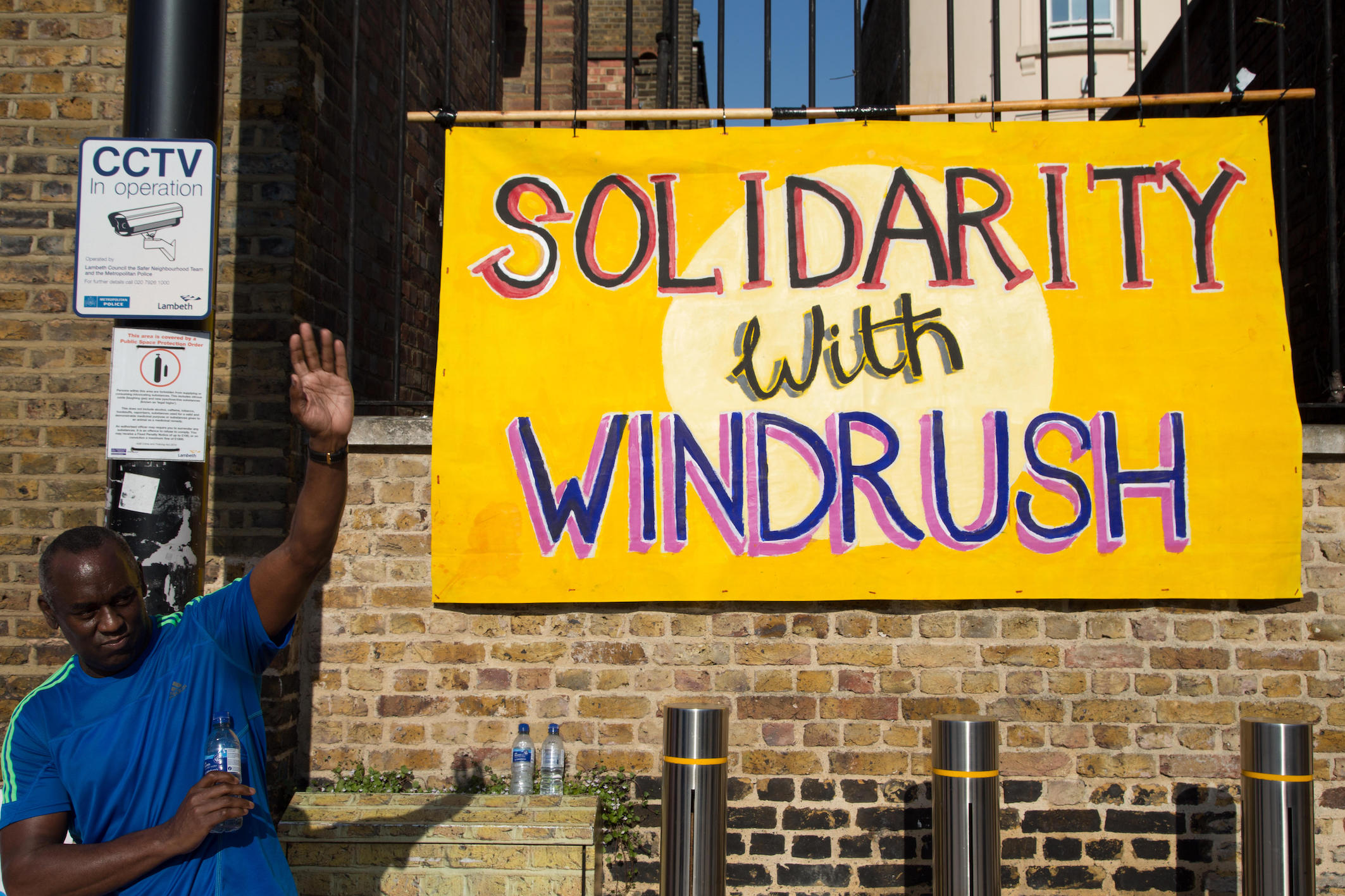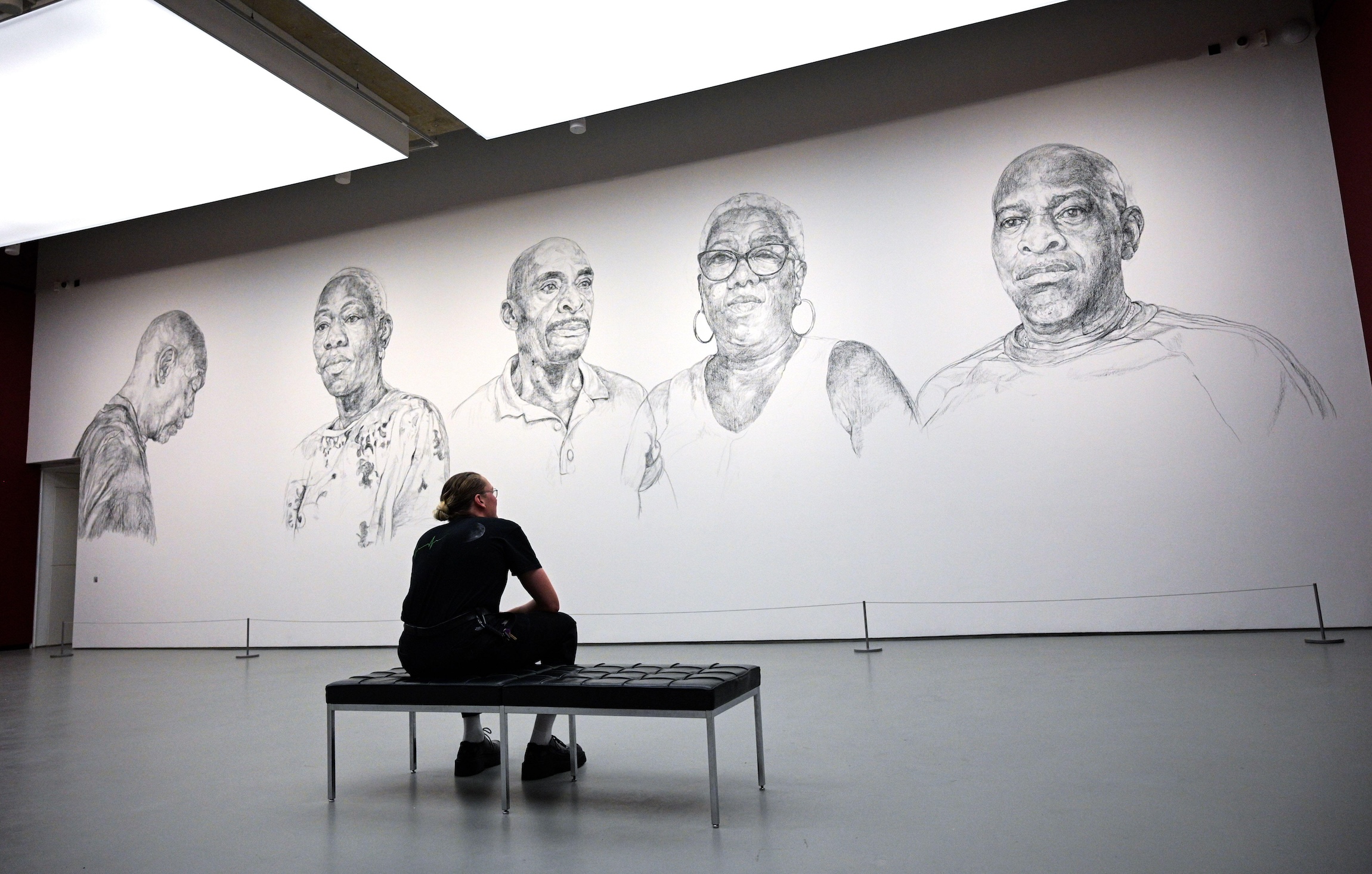"His life mattered": British Army veteran bankrupted by Windrush Scandal dies
Anthony Williams, a prominent voice in the campaign for Windrush justice, has died in Jamaica after losing faith in the government of the country he once served.
A British Army veteran of 13 years and victim of the Windrush Scandal has died in Jamaica after being left destitute and humiliated by the UK government.
When Anthony Williams despaired with the UK in 2022, he told the Guardian that the Tory government was “just stringing us along until people lose interest, and we die out.”
Williams, who died of liver cancer on 29 March, first moved to the UK in 1971 at the age of 7, and later spent 13 years as a soldier with the Royal Artillery. But after over half a century of life in the UK, Williams fell victim to the Windrush scandal - by being wrongly classified as an illegal immigrant.
The implications were immediate and brutal. Over the following five years, Williams was fired from his job and barred from finding new work or claiming unemployment benefit because of his miscategorised immigration status. He suffered the humiliation of being unable to heat his flat or eat properly, subsisting on tins of sardines and on pasta, and spending time in the local library to keep warm. Unable to register for a doctor or dentist, he lost most of his teeth to an infection, which had a long-term impact on his confidence.
“I spent the best part of my life serving the British army, and when I needed help everyone turned their back on me,” he said last year.
Ramya Jaidev is a lawyer and friend of Williams. They co-founded Windrush Lives, a group which campaigns for the Windrush Compensation Scheme [WCS] to be removed from government control, and for a statutory, judge-led Windrush Inquiry.
Jaidev has been devastated by Williams’ unexpected death. She says none of the group knew he was unwell, with Williams posting on WhatsApp groups and sharing TikToks with her just weeks before he died.
“It has been an incredibly difficult loss. One that I am still finding very hard to talk about,” Jaidev tells The Lead.
“Anthony was such an eloquent person, and when he started sharing his story - which was so visceral - it really helped to generate political attention. It was because of him that the Home Affairs Select Committee eventually reached out to us to talk to victims. Anthony was cited all over their report that led to to the recommendation that the WCS should be made independent (a recommendation the Home Office has so far ignored).
“He gave a huge amount of evidence and had a very real impact. I am not sure if he knew this, but he was a person of great significance to the community.”
Williams used the last reserves of his energy to speak out, raise awareness about the terrible injustices suffered by the Windrush Generation. As well as giving evidence to Parliament, he also embarked on a long fight to get the compensation that was owed to him. Initially offered an “insulting” £18,000 to make up for half a decade of hell, Williams had to appeal twice before finally accepting a higher offer. By this point, he had lost all faith in British institutions and used the money to make the move back to Jamaica in 2022 for a fresh start that was never to come to pass.
Relatively lucky
Unbelievably, Williams is one of the ‘lucky’ ones, in that he did eventually receive some compensation. Of the estimated 15,700 people eligible for payouts, the government has so far only paid out to 1,085 scandal victims, spending 53.9m of the estimated £200m owed to the victims. Delays, lowballing offers and immense difficulty and complexity of the process make the Windrush payouts the least successful compensation scheme today.
Jaidev, who moved to the UK from Singapore in 2004, has had first-hand experience of battling the Home Office herself, culminating in a legal tussle that involved her hiring a barrister and going to court in order to remain in the country. She knows just how draining that fight can be.
“I am coming at this from a much more privileged position than many of the Windrush generation, and even having access to a relatively high degree of resources, I would say it was one of the hardest periods of my life. I was in a house fire once, and my legal fight with the Home Office was worse than that. Your life literally grinds to a halt.”
For Jaidev, a key problem is that it isn’t possible to judicially review the Windrush Compensation Scheme because it doesn’t meet the policy threshold. This means there is a lack of accountability, and victims are left with little power to challenge the system.
“Even if theoretically you could try to judicially review each individual's compensation award. But just the scale of the legal work that required to do that would mean years of litigation. That can’t happen. These victims are getting older, and now many of them are dying even younger than expected for their generation.”
Jaidev and the Windrush Lives group are now raising money to cover the funeral costs and to help honour his legacy.
“In 2020, two years after the Home Office announced the Windrush Compensation Scheme to provide redress to those it disenfranchised, and in some cases displaced, he became a founding member of Windrush Lives,” reads the tribute page.
“He had lived largely in the shadows as a result of enforced unemployment and the ever-present spectre of deportation… He gave myriad interviews to raise awareness of the Home Office's failings and supported others in his position with a level of engagement and compassion that would have been beaten out of most who suffered as he had.
“His life mattered.”
Donate to the GoFundMe page to support Anthony Williams' friends and family.
The Lead is now on Substack.
Become a Member, and get our most groundbreaking content first. Become a Founder, and join the newsroom’s internal conversation - meet the writers, the editors and more.





